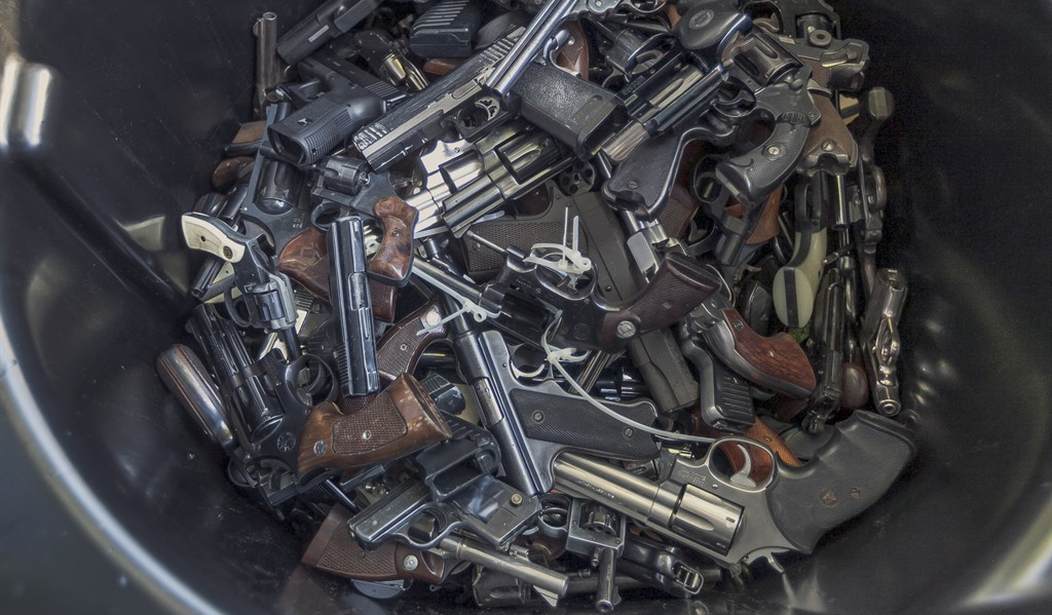Anti-Second Amendment types often bring up a lot of reasons why guns are bad. That’s unsurprising, of course, because that’s kind of what they do. One of those is domestic violence.
To be clear, no one should have much sympathy for people who beat their partners. You enter into a relationship with the idea that you’ll cherish one another. For someone to completely betray that trust and to do so violently isn’t something we should look beyond.
However, a recent study claims guns and loopholes in the law are a problem when it comes to such acts of violence.
In America, one in three women have experienced physical violence by a partner.
Four and a half million have been threatened with a firearm, and of those women, a million of them were shot at.
The risk of homicide goes up by 500% when a firearm is involved.These facts were released in a report by the Domestic Violence Network, an organization based in central Indiana, as an attempt to grasp lawmakers’ and the public’s attention.
Kelly McBride, executive director of DVN, said she is not looking for new laws to be created; she is just looking for the laws in existence to be enforced while closing up loopholes.
More specifically she is referring to gun laws. For instance, only married or divorced individuals can currently request guns be removed from an abuser. That presents challenges for victims without a current or past marital status.
The monitoring of gun removal is another issue. The DVN requests that law enforcement get more involved and not leave it up to the current honor system, trusting individuals to turn in their guns when asked.
I get where McBride is coming from. However, there are also pitfalls she’s not really seeing because they fall outside of her wheelhouse.
See, her focus is on cases of domestic violence. She’s not worried about any spillover and blowback. That’s not part of her job to worry about that kind of thing. For her, the question is whether it will help domestic violence victims. She clearly believes so.
The problem, though, is that there is a chance of spillover, where the law goes beyond its originally intended scope and creates new problems.
Now, I have little issue with the police going and getting guns from people the courts have decided don’t get to have them anymore. There needs to be a way those people can get their guns back should the allegations against them be found baseless, but picking them up? I can kind of shrug that one away.
The problem comes when you talk about “victims without a current or past marital status.”
People who cohabitated at some time or another are one thing. You can usually find evidence that they lived together and thus have at least some evidence of a relationship. Without that, though, you’ve just got someone’s word that the pair had a violent relationship, yet many of these “loopholes” people like McBride talk about aren’t really loopholes.
All we have for evidence of a relationship is someone’s word.
“Who would claim to be dating someone they’re not?” someone might ask, but it happens. I’ve had it happen to me, and I’m not exactly Brad Pitt over here. I can’t imagine I’m the only one.
Now, imagine that person decided to punish me by claiming we weren’t just dating, but that I was abusive?
I’d like to believe the legal system would sort it all out, of course, but I’m not that trusting. I don’t want to put my constitutional rights on the line and just trust the system. Not for something like this.
While McBride says she doesn’t want new laws, she actually does. She wants the laws overhauled to such a degree that they amount to new laws, laws that will expand the people forbidden from having guns.
That’s something I won’t just roll over for.






